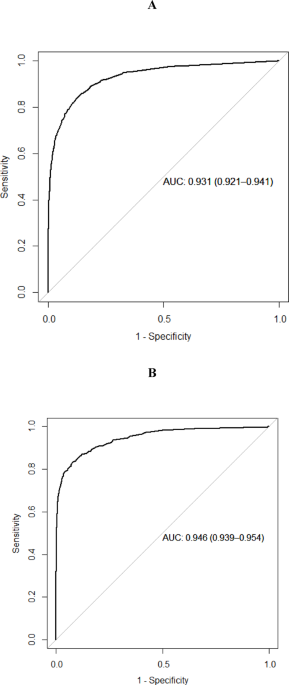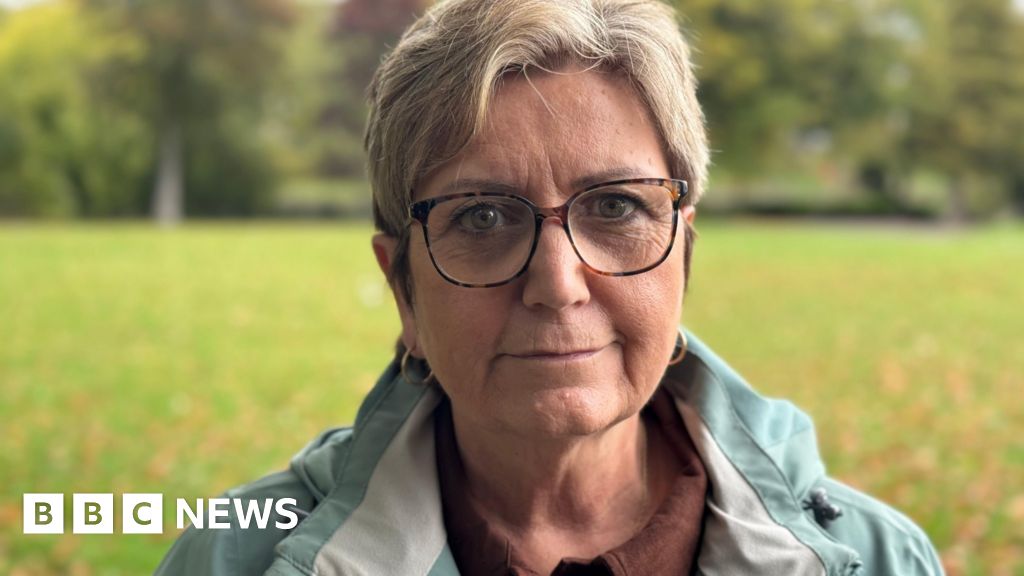New research highlights the need for health care professionals to talk to patients with chronic conditions about substance use –

New research shows that people with chronic conditions like heart disease are at a greater risk of dying from stimulant drug poisoning than from opioid drug poisoning.
It highlights the importance of having discussions about substance use in clinical settings as well as screening people who use stimulants for chronic diseases that can increase their risk of dying from an overdose.
The study, published in BioMed Central (BMC) Medicine, was conducted by substance use and epidemiology experts, physicians, and people with lived and living experience of substance use, including Centre for Advancing Health Outcomes scientists. The study looked at BC Coroners Service records for 3,788 people who died from drug toxicity between January 2015 and December 2019. It aimed to better understand differences in health conditions and health service visits between those who died from stimulant toxicity, those who died from opioid toxicity and those who died from both.
Opportunity to support at-risk people
“In this study, we found that about one in three people who died of drug toxicity were in contact with health professionals for chronic disease care in the month before they died,” said Dr. Heather Palis, lead author, Senior Scientist for Harm Reduction and Substance Use Services at the BC Centre for Disease Control (BCCDC) and Assistant Professor, School of Population and Public Health at UBC. “This suggests there is an opportunity for services and support to be offered to people at risk of overdose across the health system.”
To determine if someone is at risk of overdose, clinicians who care for those with heart conditions and chronic disease need to discuss substance use with their patients.
“People who use drugs often don’t feel safe disclosing their substance use to health care providers,” said Beth Haywood, a member of a PEEP, a provincial peer advisory group of people with lived experience of substance use, and Peer Project Coordinator with Island Health.
“We need to work to destigmatize these conversations, so people can get the services they need. Primary care is a place where this can start.”
Discussions about substance use can help reduce stigma
Having conversations about the steps people can take to reduce drug-related health risks and the harm reduction tools that are available to them can help to reduce stigma around substance use.
The study found people who had diagnosed heart failure or ischemic heart disease were about two times more likely to have a stimulant toxicity death compared to an opioid toxicity death. People who died of stimulant toxicity also visited health care more frequently for cardiovascular disease compared to people who died of opioid toxicity.
“People using stimulants appear to have more cardiovascular disease, and health care providers should be screening them for such conditions,” said study co-author Dr. Frank Scheuermeyer, an emergency physician at St. Paul’s Hospital and Program Head for Emergency Medicine at the Centre for Advancing Health Outcomes.
Drug poisoning deaths involving stimulants has increased

The study results highlight why it is important to identify and implement more health interventions to prevent unregulated drug poisoning deaths among people with medical comorbidities who use substances, and the co-authors say more research into the association between chronic disease, stimulant use and the risk of death due to drug toxicity is needed.
During the time period of the study, 60 per cent of people who died of illicit drug poisoning had both opioids and stimulants deemed relevant to their deaths, and 11 per cent had stimulants deemed relevant to their death without opioids.
“Preliminary data from the BC Coroners Service indicate that the proportion of illicit drug poisoning deaths where a stimulant has been deemed relevant has increased in recent years,” said Dr. Jatinder Baidwan, Chief Coroner, BC Coroners Service. “In 2023, it accounted for 76 per cent of such deaths.”
Learn More:
This story originally appeared on the Centre for Advancing Health Outcomes website.
link






